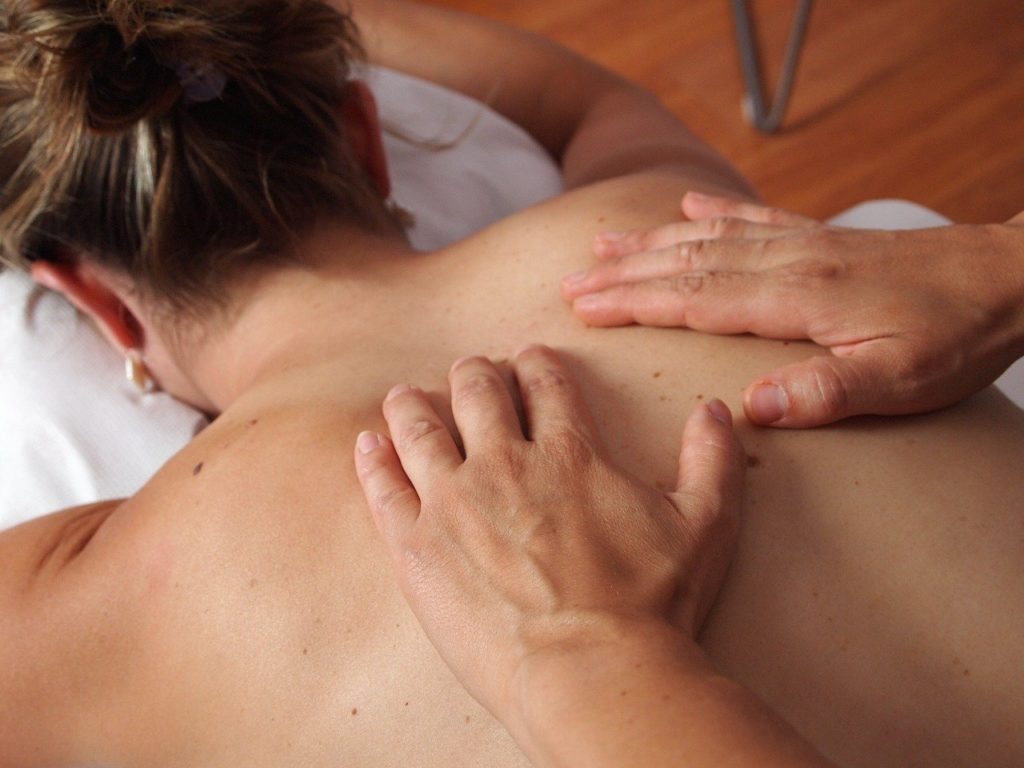
History chronicles massage treatment as one of the oldest methods of healing. In fact, it has been part of a tradition in many cultures of the world, including the Ancient Greeks, Egyptians, Indians, and Chinese. The therapeutic powers of massage in its treatment of various ailments could never be understated.
Various research studies have been done on the health benefits of massage therapy. Up to the present day, modern science has proven that massage is effective in treating a long list of symptoms related to various health conditions. Symptoms may vary from physical to psychological.
Massage therapy is the method of kneading or controlled and systematic manipulating of muscles and soft tissues for the purpose of improving the health and well-being of the individual. It is purely a manual method that applies a certain degree of pressure on the muscles, tendons, fascia, and ligaments.
Massage therapy treatment is described as a practice of using a variety of techniques and strokes through the application of touch and the degree of pressure applied. It has proven to be effective as a supportive treatment for individuals with chronic disease and stress-relieving for those facing life-threatening illnesses such as cancer (in which case the client should be referred to someone trained in oncology massage).
There are benefits that massage can provide that medication cannot. Please be aware we are not suggesting anyone forego their medicine under any circumstances, but massage is a non-invasive treatment that can relieve pain to the point that some people may be able to cut down on the amount of pain medication they take.
Massage is a manual and natural therapy. Only the use of hands, at times with the aid of a few tools, are utilized in order to attain the objectives of the treatment. Tools used may include the massage gun, rollers, bands, bamboo, hot stones, hot or cold packs, and topicals or essential oils.
The immediate benefit of massage is that it gives a feeling of deep relaxation and calmness. This happens when pressure is applied to release endorphins, the neurotransmitters that give you the feeling of wellbeing. It reduces tension in the muscles. The individual will have a feeling of relief from the symptoms of pain due to the reduction of stress.
There is a psychological factor that is involved. The healing process involves the magical power of touch applied by the application of strokes and manipulation of the muscles could not be achieved without the professional expertise of the massage therapist. This psychological effect of massage gives a feeling of being connected. There is a connection established between the therapist and the client. The building of trust must be established at every encounter. Trust gives the feeling of calmness to the patient, most especially beneficial to patients who are suffering from serious medical conditions.
It is one of the qualities of the massage therapist to embody the attitude of a strong sense of compassion and willingness to help the client.
While it is true that medicine can provide straightforward relief from the symptoms of pain, the psychological effect of massage therapy can hardly be equally compared. More so, issues on the side effects and complications of taking pills and medicines may add to the worries and concerns of the patient, which is not an issue with massage therapy.
The LMTce Difference
Clients are the lifeblood of the massage therapy business. As such, it is highly important that you need to take care of them. In this perspective, maintaining professional relationships while upholding ethical behavior is the guiding principle at every client encounter.
Every massage therapist should be well aware of the role they serve in the client’s life and be able to understand how they may serve the client’s health needs. Also, they should communicate clearly with the client in order to be able to satisfy client expectations for the massage session. At LMTce, the students learn how to fulfill their multi-faceted roles.
Ethical behavior and ethical dilemmas in massage therapy practice are game-changing topics. Every massage therapist should be well-oriented on how they would succeed in the practice of this profession and the ethical massage business they cultivate. LMTce has courses that cover the subject matter in an effective and engaging manner.
Ethics and handling ethical dilemmas are given emphasis in LMTce curricula. The importance of knowing the scope of their practice while maintaining ethical behavior is thoroughly discussed.
The course Educated Heart: Roles & Boundaries, make sure the learner is well-versed and exposed to various common ethical dilemmas that they may encounter later in their practice at some point. One remarkable aspect to highlight about the course is that situational videos are extensively used to reinforce the course lessons, which focus on the therapist’s own boundaries.
There is no set resolution on the videos…. It is up to each individual to decide how they would handle the situation in a professional manner without sounding judgmental, parental, or wishy-washy.